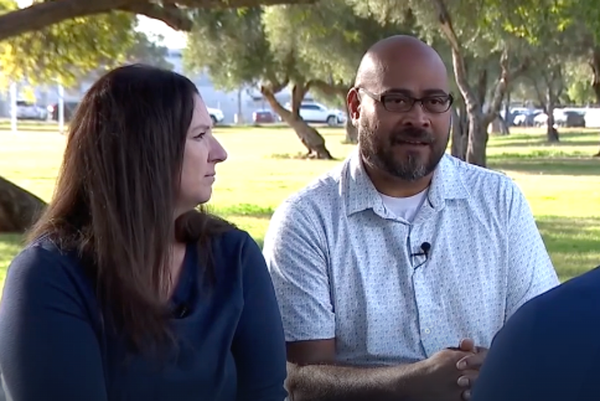
Three major Korean companies have signed a memorandum of understanding with the Queensland government, with a view to building one of Australia’s largest renewable energy hubs in north Queensland.
The proponents of the plan – Korea Zinc, SK Gas and Hanwha Impact – are ultimately seeking to export 1m tonnes of green ammonia to Korea to meet forecast demand as the north Asian nation seeks to meet its climate commitments.
Korea Zinc already has a significant presence in north Queensland – the company’s Sun Metals refinery in Townsville incorporates a large solar farm. Its subsidiary company, Ark Energy, is now developing plans to build a 3GW renewables hub at Collinsville which would produce the energy to create the ammonia, a common fertiliser.
The announcement is potentially significant for Collinsville, a coalmining town, where stalled plans to build a new coal-fired power station had been pitched as a saviour of local jobs.
The Queensland premier, Annastacia Palaszczuk, said the Korean-backed green energy export corridor could create up to 700 jobs.
The plans remain years away from final investment decisions or the start of basic construction; first exports are not envisaged until 2032.
Daniel Kim, the chief executive of Ark Energy, told reporters on Monday the project had signed up 12 landholders in the Collinsville area – representing a combined area of about 190,000ha, or the size of K’gari-Fraser Island – for the renewables hub. He acknowledged there remained “challenges ahead”.
“The scale of what we’re embarking upon doesn’t exist today,” Kim said, in relation to plans to create an export chain for green ammonia. He said Korea’s trade relationship with Australia had been primarily based on a need to source resources, especially fossil fuels, over 50 years.
But the nation’s net-zero commitments had placed “the value of those exports and all the jobs that underpin that … at risk”.
The moves to establish an export corridor for green hydrogen and derivatives like green ammonia would help protect that trade relationship, he said.
Palaszczuk said exports could potentially be sent to Asia from the nearby Abbot Point port – home to Adani’s Australian coal terminal – or from the port of Townsville.
The premier has foreshadowed a “big” announcement next week, with the state due to reveal its energy plan. The state’s energy minister, Mick de Brenni, has already outlined the need to build massive scale new renewables projects over the next decade.
Climate and environment groups have sought for the Queensland government to lift its ambitions, both in relation to emissions reduction targets and renewable energy generation targets.
The state’s current commitment is to source 50% of its energy from green energy by 2030. While it has advanced ambitious plans to build renewables, including funding for public-owned precincts, the state has been reluctant to consider the need to also wind back existing coal-fired generation.







